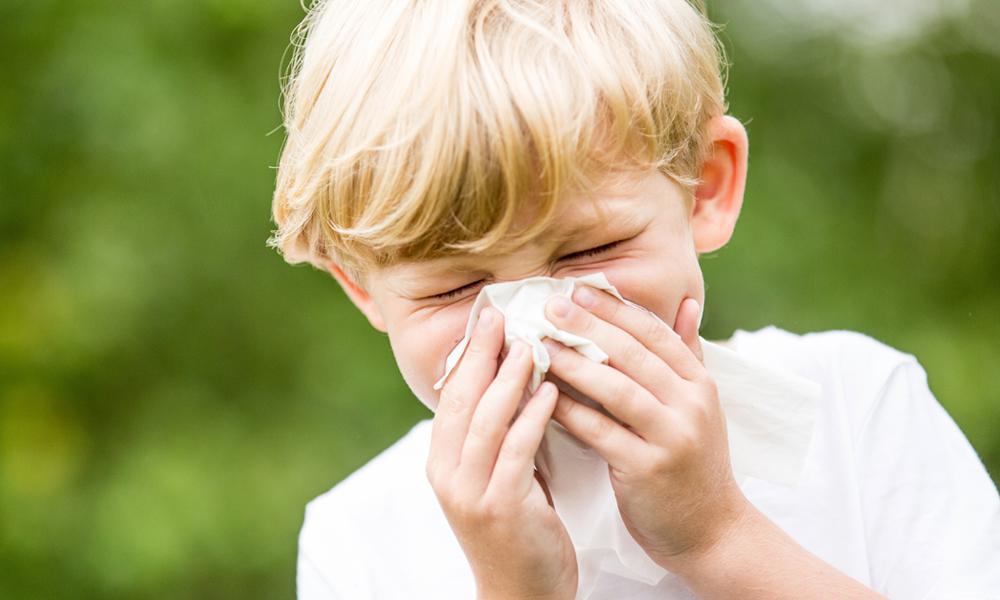Allergies are very common.
35-40% of the people in the U.S. complain of moderate to severe symptoms from Allergic Rhinitis. These can include nasal congestion, runny nose, post-nasal drip, watery itchy eyes, sinus pressure, itchy skin, and wheezing.
There are many interventions which can significantly alleviate these symptoms, many of which do not involve medication. To start, optimizing the home and work environments can significantly make a difference. If the air you breathe is as clean as possible, there will be less inflammation in the nose.
Good prevention methods include dust mite covers on the mattress and pillows, a HEPA-grade air filter and keeping bedroom windows closed. Daily nasal irrigation can also help. Nasal irrigation can be administered by a kit and distilled water. In terms of medication for allergies, generally antihistamines are effective. These can come in pills and nasal sprays.
Nasal steroid sprays are also effective. Recent research has shown that a combination spray with both an antihistamine and a steroid component is the most effective. Basically, one should start with optimizing their environment, and performing daily nasal irrigation. By coming in to see an ENT specialist it can be determined if allergy testing is needed.
Symptoms of allergic rhinitis:
- nasal congestion
- runny nose
- post-nasal drip
- watery, itchy eyes
- sinus pressure or pain
- itchy skin
- wheezing
Causes for allergic rhinistis:
- tree pollen
- grass pollen
- dust mites
- animal dander
- cat saliva
- mold
Methods for treatment and management:
- Keep windows and doors closed during high pollen periods
- use air conditioning in your home and car
- use an HEPA grade air purifiers for indoor environments
- Wear eye protection for outdoors
- Use “mite-proof” bedding covers to limit exposure to dust mites
- Use a dehumidifier to control mold
- Wash your hands after contact with any and all animals
When to see a physician:
- your symptoms last longer than a week
- your symptoms are bothersome
- over the counter allergy medications are ineffective
- you have another condition such as asthma making your allergy symptoms worse
- symptoms are all year round
- symptoms are severe
- considering immunotherapy or allergy shots
The content used on this post and site are for informational purposes only. The content is not intended to be a substitute for professional medical advice, diagnosis, or treatment. Always seek the advice of your physician or other qualified health provider with any questions you may have regarding a medical condition.

